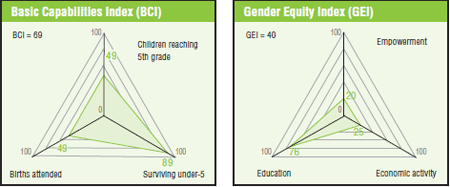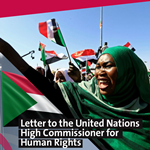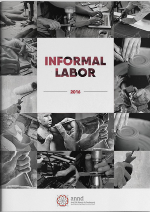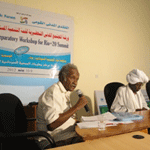Sudan
Published on Wed, 2019-01-23 09:23
Peaceful protesters in Sudan continue to face systematic and gross human rights violations. Since the first day of protests their legitimate and peaceful demands for economic, social and political reforms, which came in response to the dire austerity measures implemented, widespread corruption and social injustices have been faced by excessive use of force, killing by live ammunition, mass arrests and detention of critical voices by government security forces and allied militia. Thus far between 40 and 75 have been reported killed according to national and international human rights groups (the government admitted killing 24). Thousands of protesters have been arrested including the Arab NGO Network for Development Sudanese member, National Civic Forum Secretary General Hasan Abdel Ati. Furthermore, through internet disruptions, censorship of media the Sudanese authorities try to block access to information and cut off the Sudanese civilians, activists and human rights defenders from international observation. |
Published on Wed, 2018-12-26 11:40
Around 40 protesters were shot dead, dozens were injured by live fire used as well as tear gas and rubber bullets in Sudan in one week of demonstrations. The protests started on December 19th, in the northern Sudanese city of Atbara, spread to many other cities and reached to the capital Khartoum. Sudanese government response to these protests has been excessive use of force, arbitrary arrests and detention. Chants calling for President Omar Al-Bashir to step down reflect people’s voices of frustration for the dire economic and social conditions, social injustices and widespread corruption. |
Published on Fri, 2017-05-12 15:43
“Informal labor is not a marginal issue in Arab countries. It is a core component of modern Arab economies and the distribution of work therein and is doomed to expand under current policies,” explained Samir Aita, lead researcher of the Arab NGO Network on Development (ANND) at the launch of the 2017 edition of the Arab Watch on Economic and Social Rights, last May 8 in Beirut. The report, launched publicly at the American University, concludes that the “highest percentages of lack of formality are in countries with the least strict laws and bureaucracies, and vice versa. This goes against the stereotype that says that informality is a result of strict laws and bureaucracies.” It also concludes that “informal labor in Arab countries is mostly waged labor, except in rare cases, which contradicts another idea that says that informal labor is a choice, as young people entering the job market have no choice but to find any type of livelihood, no matter how fragile or temporary.” |
Published on Tue, 2012-09-11 15:47
Since the student led protest movement emerged in March 2011 in Sudan, demonstrators have acted “peacefully and in line” with the Constitution, but the government reaction has been “vicious”, “unprecedented” and illegal, said Hassan Abdel Ati, Secretary General of Sudan’s National Civic Forum, focal point of Social Watch in the African country. |
|
Published on Fri, 2012-03-16 10:18
In terms of gender equity Sudan lags well behind the Sub-Saharan African average and most of its neighbours. |
SUSCRIBE TO OUR NEWSLETTER







